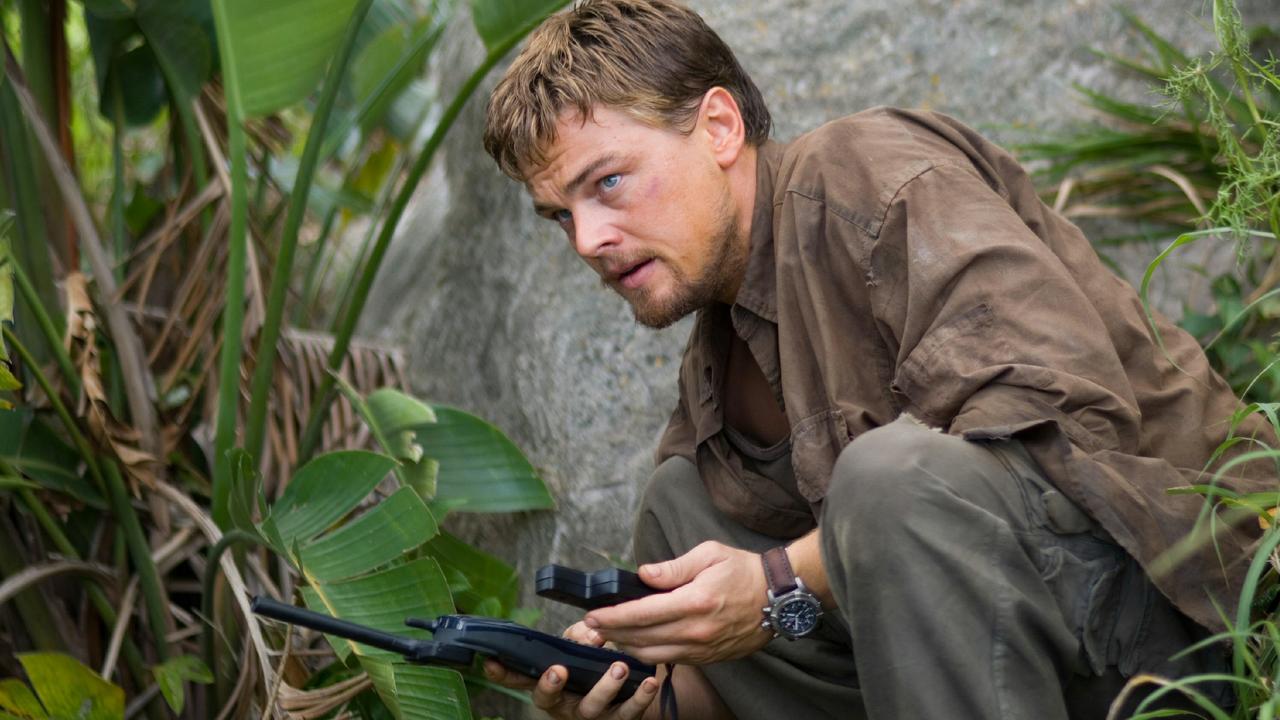Brisbane company Everledger that included customers like Alexander McQueen collapses
It counted fashion brand Alexander McQueen and car maker Ford as customers but the Aussie outfit said it was not a “cash-burning start-up”.
A Brisbane-based tech company that had previously raised more than $54 million in funding has collapsed.
Called Everledger, it had some high profile clients including luxury fashion brand Alexander McQueen and car manufacturer Ford, and offered tracking of supply chains using the tech common in cryptocurrency called blockchain.
Its founder Leanne Kemp was inspired by Leonardo DiCaprio’s movie Blood Diamond to start the business.
Everledger was originally launched in 2015 to take on the difficult task of tracking diamonds and had even secured funding from the Australian federal government and Chinese internet giant Tencent, which owns social media program WeChat.

Later it broadened its tech offering to include industries such as critical minerals, art, wine and fashion.
In 2021, it won a contract with the Australian Government to track the supply chain of critical minerals – a world-first project which focused on nickel.
It also announced a partnership with car manufacturer Ford in October last year to track electric vehicle (EV) batteries throughout their life cycle
Yet, despite attracting $54.7 million from investors, including $3 million from the government’s blockchain pilot grants program in 2021 – the company collapsed in April.
All staff were made redundant at the end of March, however its website is still up and running with no announcement of its demise. Its UK holding company has not gone into administration.
Steven Staatz and Ashley Leslie from Vincents Chartered Accountants were appointed on April 24 to handle the voluntary administration with the first creditor’s meeting being held on May 8.
News.com.au has reached out to the administrators for comment.

Ms Kemp said the company had made the “difficult” decision to go into administration after a second round of funding wasn’t received.
“The second tranche of funding due to Everledger did not materialise and subsequently we understand that there are external reasons and pressures on this investor which has meant Everledger was placed in a difficult and unexpected position,” she told The Australian Financial Review.
“As the founder and with the full support of the board, we took decisive and swift action to protect the interests of stakeholders.
“One of the tough, but critically important, decisions made was an immediate redundancy of employees and to hold the company in the capable hands of administrators whilst company affairs are finalised.”

She added the company had been responsible with a “fully executed and binding investment agreement” to secure the capital it needed to become profitable.
“I would not suggest Everledger was a ‘cash burning’ start-up. Indeed, we planned this investment round as the last external funding round required before profitability,“ she said.
“Certainly, our use of capital and operational footprint was in total alignment with the board’s direction under a controlled growth plan. This is not a company that scaled too fast or took on venture capital and burnt it in 18 months.”
Everledger is one of a number of Australian start-ups that have been smashed by the tech wreck and difficult economic conditions.

Australian online bottle shop BoozeBud went under this month with administrator’s urgently seeking a buyer to rescue the retailer.
Ritzy food delivery service Providoor also collapsed, while grocery delivery service MilkRun shut its doors for good in April after becoming one of the fastest growing start-ups in the country in 2022 when it banked an impressive $75 million funding round led by a US venture capital firm.
A number of e-commerce brands have also failed in recent times such as Bobux and Ezibuy, as well as online gourmet food marketplace Colab although it was saved by an acquisition from Melbourne-based Efoodz.






